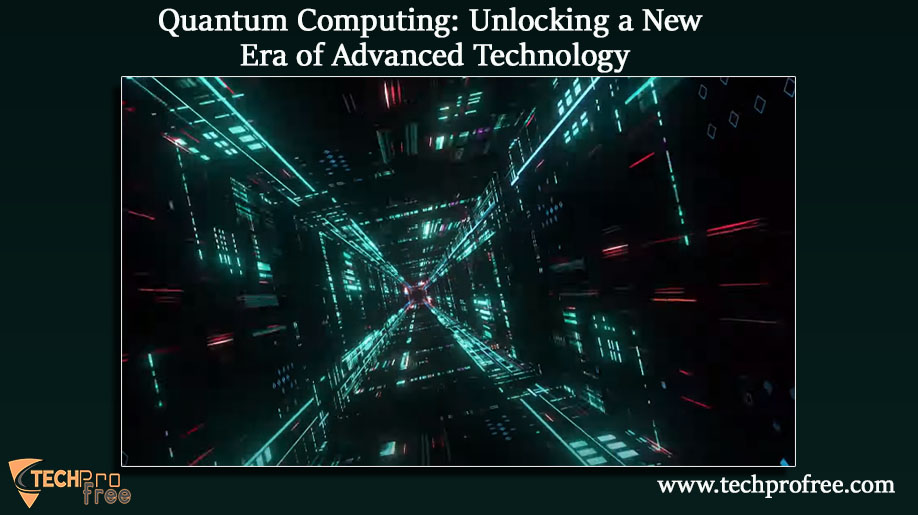5G Technology: Unleashing the Future of Connectivity
Introduction:
The digital age is in the midst of a groundbreaking transformation with the advent of 5G technology. The fifth generation of wireless technology promises to redefine the way we connect, communicate, and interact with the world around us. In this article, we will dive deep into the realm of 5G, exploring its significance, the impact it’s poised to have on various industries, and the exciting possibilities it unlocks for the future.
The Significance of 5G Technology

- Lightning-Fast Speeds: 5G is set to deliver blazing speeds, up to 100 times faster than 4G. This means quicker downloads, seamless streaming, and virtually no lag in applications and online gaming.
- Ultra-Low Latency: With latency reduced to milliseconds, 5G ensures real-time responsiveness, crucial for applications like autonomous vehicles, remote surgeries, and augmented reality (AR) experiences.
- Massive Connectivity: 5G networks can support a massive number of devices simultaneously. This is a game-changer for the Internet of Things (IoT), enabling smart cities, connected homes, and efficient industrial automation.
- Enhanced Reliability: 5G technology is designed to offer higher reliability and network stability, making it ideal for mission-critical applications in healthcare, public safety, and finance.
Impact on Various Industries
- Healthcare: 5G enables telemedicine with high-quality video conferencing and real-time patient monitoring. Surgeons can perform remote surgeries with minimal delay, expanding access to healthcare worldwide.
- Entertainment: Streaming 4K and 8K content, virtual reality (VR), and augmented reality (AR) experiences will become seamless, transforming the entertainment industry.
- Transportation: 5G is a foundational technology for autonomous vehicles, enabling faster data exchange between vehicles and infrastructure for safer and more efficient transportation systems.
- Manufacturing: Smart factories equipped with 5G connectivity can optimize production processes, reduce downtime through predictive maintenance, and enhance overall efficiency.
- Education: 5G-powered remote learning offers immersive experiences, enabling students to participate in virtual classrooms and access educational resources from anywhere.
Future Possibilities
- Smart Cities: 5G will facilitate smart city initiatives, with connected infrastructure, traffic management, and environmental monitoring for more sustainable urban living.
- IoT Revolution: The massive connectivity and low latency of 5G will accelerate the growth of IoT, leading to smart homes, wearables, and intelligent supply chains.
- AR and VR Dominance: The high-speed, low-latency 5G networks will make AR and VR mainstream, transforming how we work, learn, and entertain ourselves.
- Remote Work Revolution: 5G will enable seamless remote work, with high-quality video conferencing, cloud computing, and augmented reality collaboration tools.
- Global Connectivity: 5G technology will bridge the digital divide, connecting remote and underserved areas, and bringing the benefits of the digital age to more people worldwide.
Conclusion:
5G technology is poised to revolutionize the way we live, work, and communicate. Its lightning-fast speeds, ultra-low latency, and massive connectivity capabilities will usher in an era of innovation and transformation across various industries. As we embrace the possibilities of 5G, we open the door to a future where connectivity knows no bounds, where technology empowers us to achieve greater feats, and where the world becomes more interconnected than ever before. The future of connectivity is here, and it’s 5G.




